However, lengthy visa applications, high financial requirements and difficulties in integration are making the study abroad journey full of obstacles. Without timely improvements, many study dreams may be blocked right at the starting point.
Applying for a visa has been a challenge for international students from the start. At many embassies, waiting times for interview appointments can last from three to six months. This means some students have to delay their studies by up to a year. For example, Ali, a student from Lahore, was forced to reapply despite having an acceptance letter to study in Germany because his visa appointment was too late.
Financial constraints are also a major barrier. Germany requires international students to have more than 11,200 euros in a blocked account, putting economic pressure on middle-class Pakistani families as the local currency continues to depreciate. Other European countries have similar requirements, making the actual cost of studying abroad much higher than initially expected.
Once they arrive, students face language integration pressures and housing shortages in major cities like Berlin, Amsterdam or Milan. Many are forced to work long hours to cover living expenses, which can impact their mental health and academic performance.
If Europe is to continue to maintain its image as an open international academic environment, reforms in visa procedures, integration support and finance are necessary. Because when the dream of studying abroad is blocked, it is not only Pakistani students who lose out, but also the internationalization ambitions of European education itself.
Source: https://giaoducthoidai.vn/giac-mo-chau-au-xa-dan-voi-sinh-vien-pakistan-post756307.html


![[Photo] Highways passing through Dong Nai](https://vphoto.vietnam.vn/thumb/1200x675/vietnam/resource/IMAGE/2025/11/12/1762940149627_ndo_br_1-resize-5756-jpg.webp)









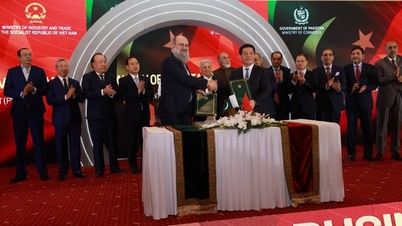

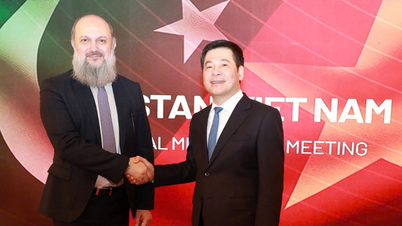







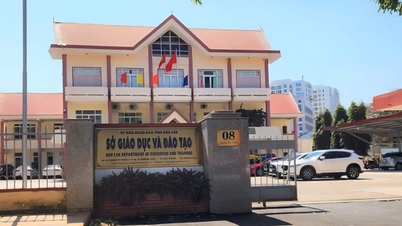










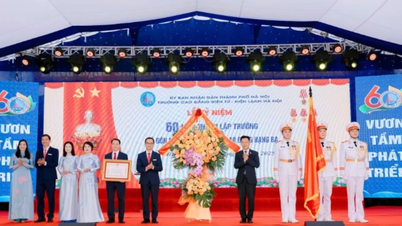
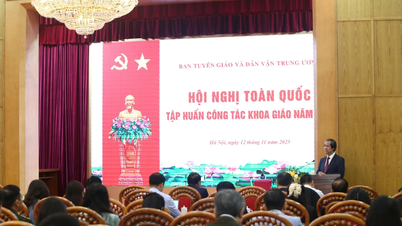
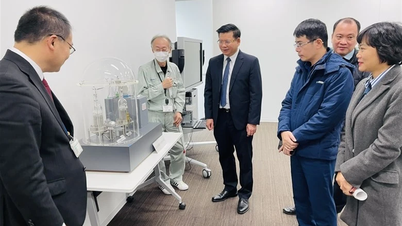
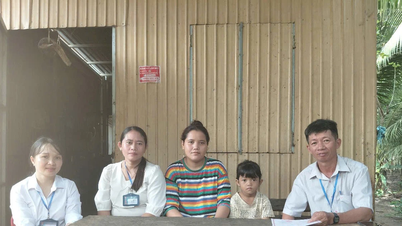








































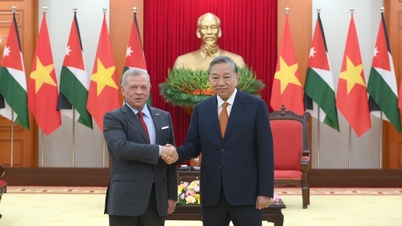







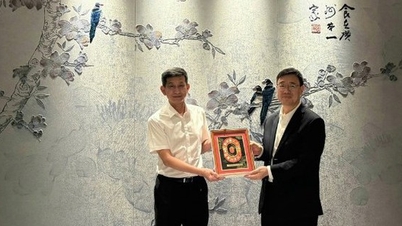

















![Dong Nai OCOP transition: [Article 3] Linking tourism with OCOP product consumption](https://vphoto.vietnam.vn/thumb/402x226/vietnam/resource/IMAGE/2025/11/10/1762739199309_1324-2740-7_n-162543_981.jpeg)








Comment (0)